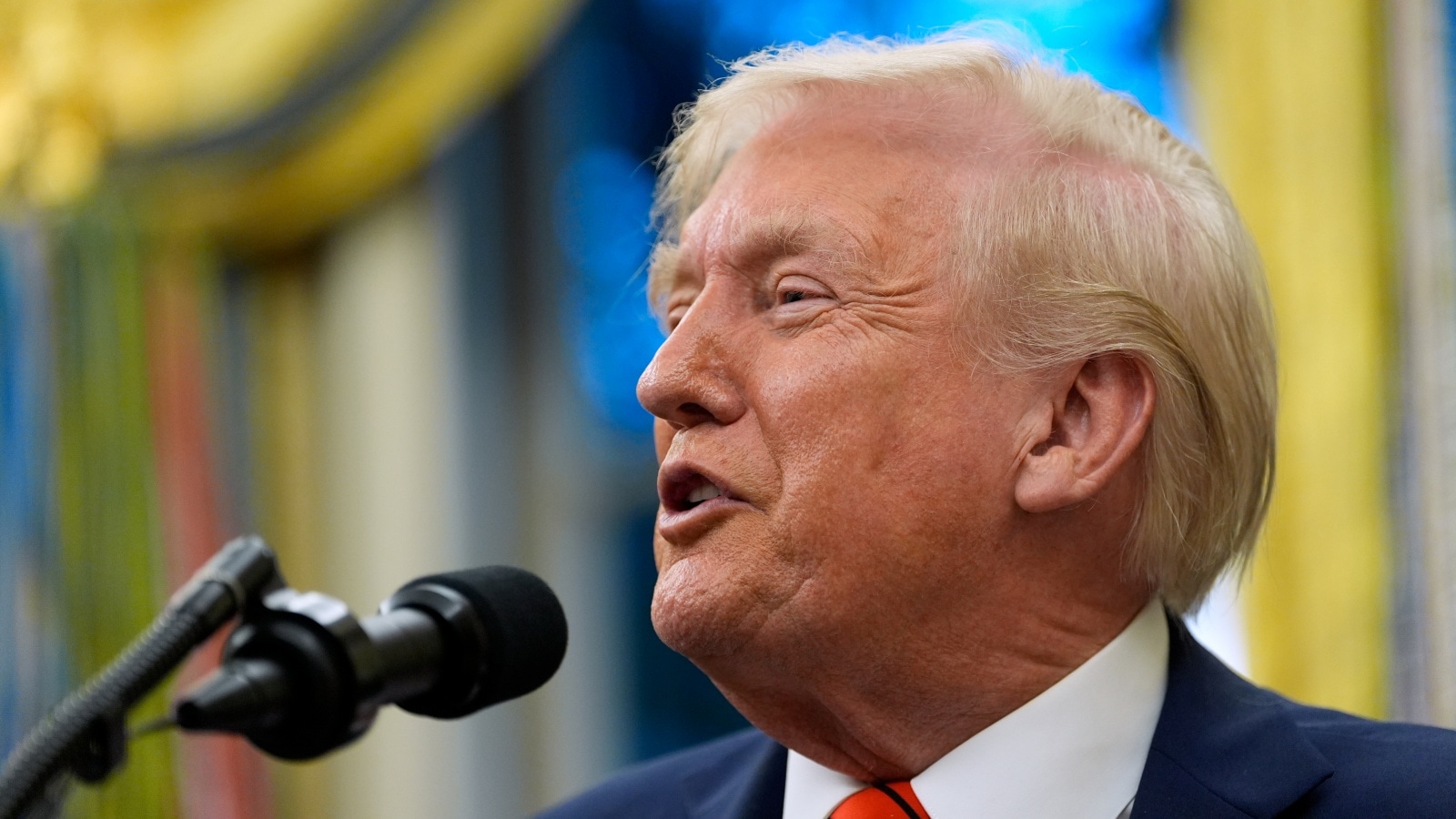Critical H-1B Denial: Attorney Error on LCA & Specialty Occupation Highlights Compliance Risks
This case underscores the critical importance of meticulous legal counsel and strict adherence to H-1B procedural requirements for both visa applicants and employers.

Subscribe to our newsletter and stay informed about latest H1B news, policy updates and and other developments.
Article Summary
A Redditor's H-1B visa petition was denied by USCIS due to critical procedural errors made by their employer's attorney. The denial stemmed from an initial Labor Condition Application (LCA) that mismatched the job role and a subsequent, correctly filed LCA that was not certified before the H-1B petition was submitted. The employer and attorney have since filed a Motion to Reopen or Reconsider (MTR) using the original, incorrect LCA.
Original Article: hindustantimes.com
[ Sentiment: negative | Tone: factual ]
This summary and analysis were generated by TheNewsPublisher's editorial AI. This content is for informational purposes only; it does not constitute legal or immigration advice.
[ Sentiment: negative | Tone: factual ]
This summary and analysis were generated by TheNewsPublisher's editorial AI. This content is for informational purposes only; it does not constitute legal or immigration advice.
TNP AI: Key Insights
This case offers a critical cautionary tale for both H-1B visa applicants and employers, demonstrating how fundamental attorney errors in LCA filing and procedural adherence can lead to outright petition denial. The requirement for a certified LCA to predate the H-1B petition is a long-standing, non-negotiable procedural cornerstone, making the attorney's lapse particularly concerning and emphasizing that such basics are non-negotiable.
For skilled professionals, this incident underscores the necessity of actively scrutinizing all submitted documents, even when represented by counsel, as the personal consequences of such errors are severe. Employers must rigorously vet immigration attorneys, as procedural missteps can result in the loss of critical talent and significant financial and reputational costs. Should the Motion to Reopen or Reconsider fail, the individual's ability to pursue an H-1B in future lotteries will be directly impacted, highlighting the high stakes involved in every step of the visa process.




